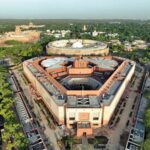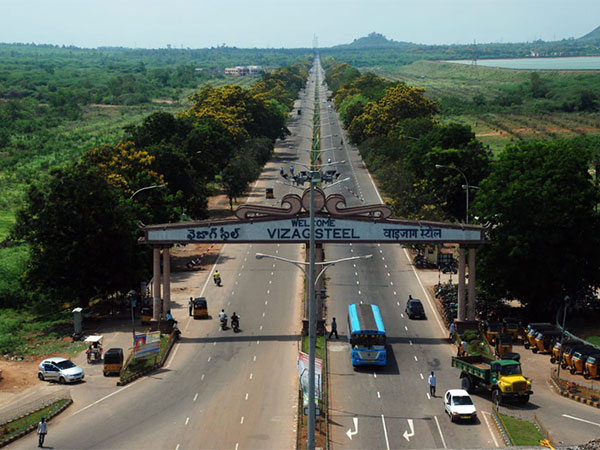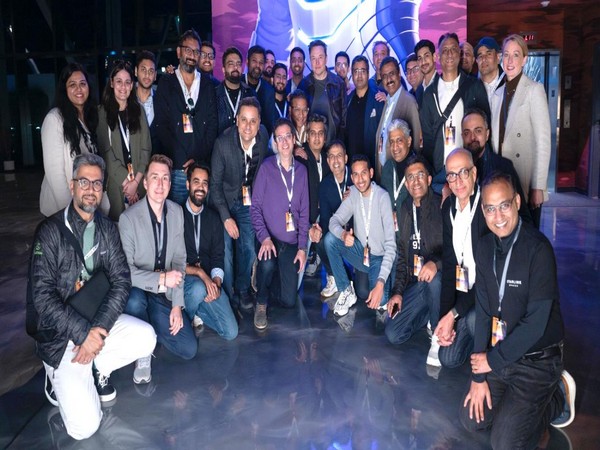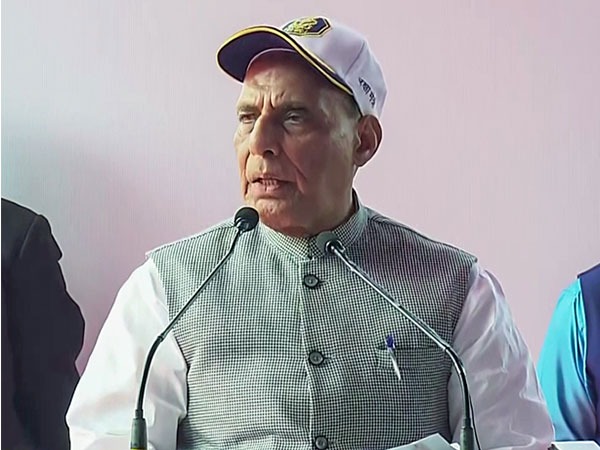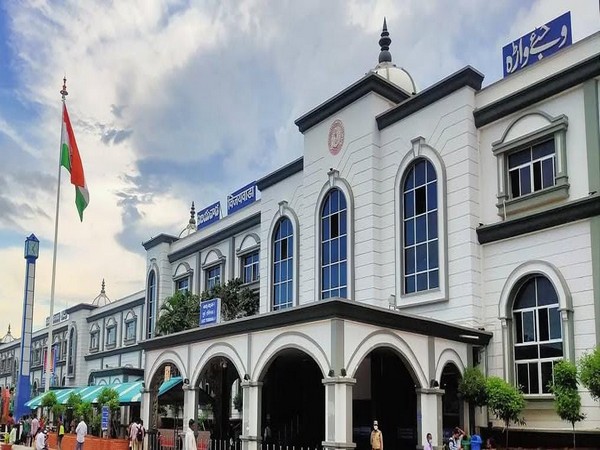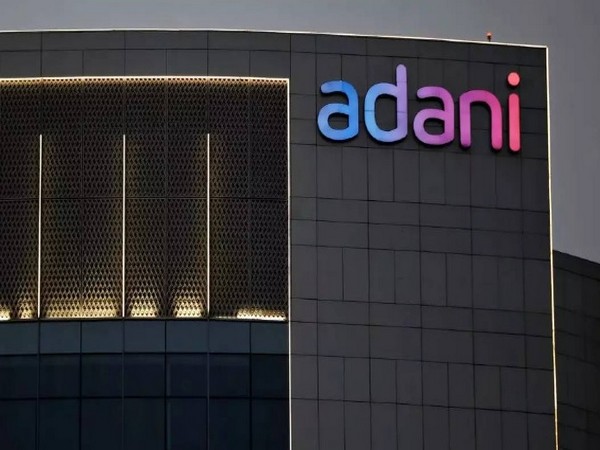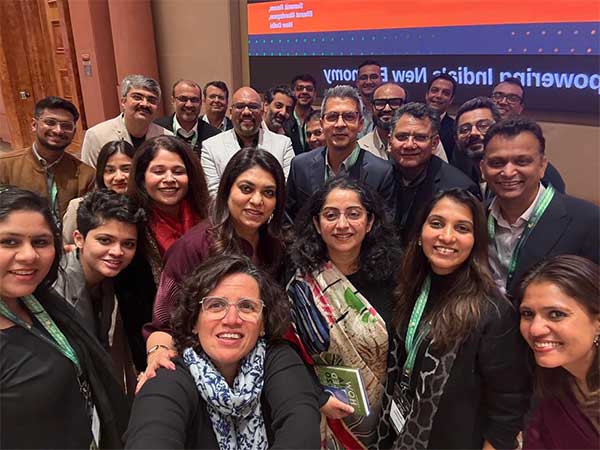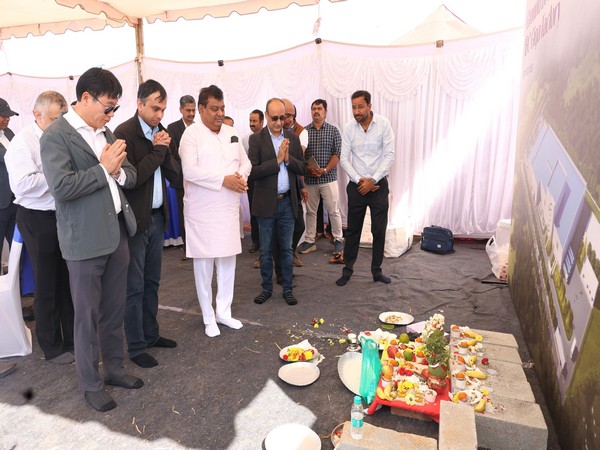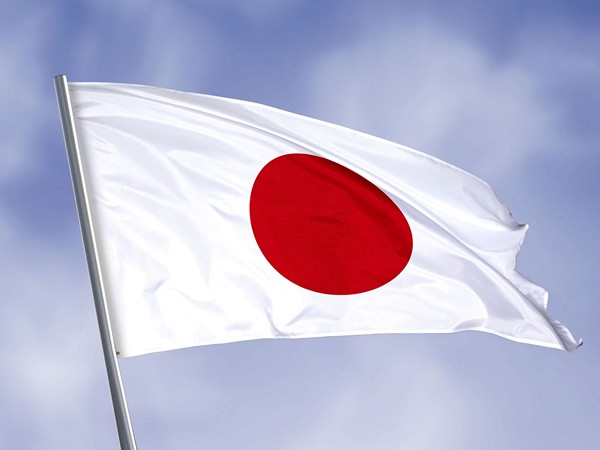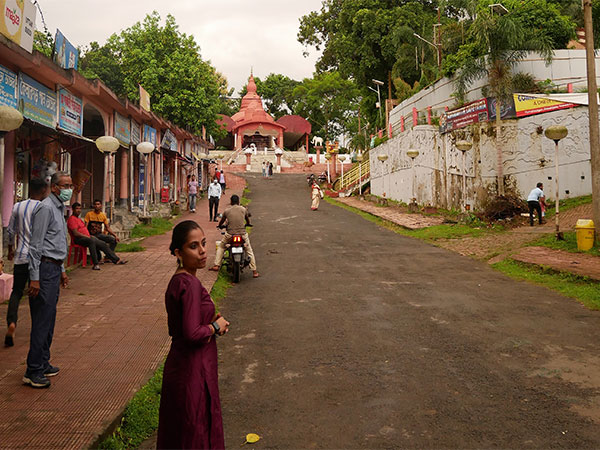
Agartala, (Tripura) [India], November 14 (ANI): In a significant stride towards enhancing urban services and fortifying tourism infrastructure, the Asian Development Bank (ADB) has given the nod to a USD 100 million loan dedicated to the northeastern state of Tripura. Expressing commitment to supporting Tripura’s governmental priorities, ADB Principal Urban Development Specialist Tomoo Ueda stated, “ADB is committed to supporting the Tripura government’s priorities of improving urban services and tourism infrastructure to help boost economic development.”
Ueda added, “This project will support the state as a gateway to the northeast region by developing tourist destinations along the national highways and by improving urban governance and financial sustainability.”
According to the ADB report, the comprehensive project encompasses the upgrade of urban water supply systems through the installation of 42 kilometres of new transmission and distribution pipes, the establishment of four new water treatment plants, and the enhancement of 55 kilometres of stormwater drains. Additionally, 21 kilometres of urban roads will be improved with a focus on features catering to the needs of the elderly, women, children, and disabled individuals.
To bolster the delivery of urban services, the initiative aims to build the capacity of twelve urban local bodies in areas such as planning, infrastructure operations and maintenance, financial management, gender equality and social inclusion, and project management.
Furthermore, the state government will receive support in updating building regulations, incorporating spatial planning and green building principles for enhanced climate and disaster resilience. The project’s tourism-centric facet aims to elevate key destinations like the Chaturdash Devata Temple, Kasaba Kalibari, and Neermahal Palace.
This involves improving amenities, rooms, and landscaping, and ensuring they are more visitor- and gender-friendly. Additionally, plans include the establishment of a digital museum and a new adventure park. In tandem, a 10-year tourism business plan is set to be developed, guiding marketing, and promotion efforts, and attracting private sector involvement. Simultaneously, Tripura’s tourism policy will undergo an update to align with evolving needs.
As an institution deeply committed to fostering prosperity, inclusivity, resilience, and sustainability across Asia and the Pacific, ADB‘s involvement in Tripura underscores its dedication to eradicating extreme poverty. Established in 1966, ADB boasts ownership by 68 members. It obtains its funding by issuing bonds on the world’s capital markets, contributions from member countries, retained earnings from lending operations, and the repayment of loans. (ANI)
India, ADB sign USD 400 mn loan to create quality urban infrastructure
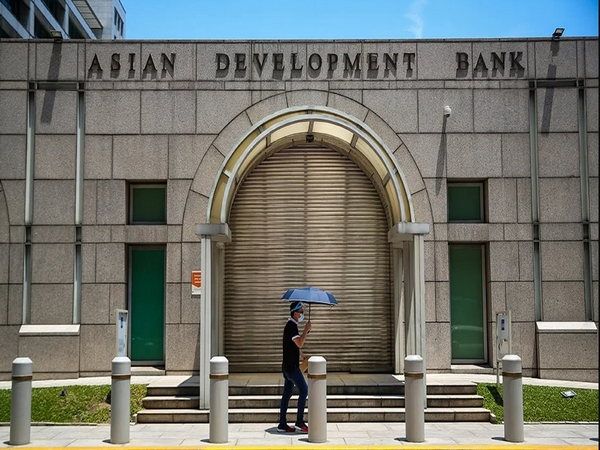
New Delhi [India], November 14 (ANI): The central government has signed a USD 400 million policy-based loan with the Asian Development Bank (ADB) to support its urban reform agenda for creating high-quality urban infrastructure, improving service delivery, and promoting efficient governance systems.
The signatories to the loan agreement for sub-programme 2 of the ‘Sustainable Urban Development and Service Delivery Programme’ were Juhi Mukherjee, Joint Secretary, Department of Economic Affairs, Ministry of Finance, and Takeo Konishi, Country Director of ADB‘s India Resident Mission.
While sub-programme 1 approved in 2021 with a financing of USD 350 million established national-level policies and guidelines to improve urban services, sub-programme 2 is supporting investment planning and reform actions at the state and urban local body levels, an official release from the centre stated Monday evening. After signing the loan agreement, Mukherjee stated that the programme supports the government of India’s urban sector growth strategy.
“Sub-programme 2 supports the reforms initiated by the states and the ULBs in operationalising the national flagship programme of Atal Mission for Rejuvenation and Urban Transformation (AMRUT) 2.0 targeted for universal access to water supply and sanitation,” said Konishi of ADB. “The sub-programme also supports other mission objectives for ensuring urban water security through reducing water losses, recycling treated sewage for non-domestic use, rejuvenation of water bodies, and maintaining sustainable groundwater level.”
The programme also envisages integrated urban planning reforms to control urban sprawls and foster systemic and planned urbanisation through enhancing the entire ecosystem of legal, regulatory, and institutional reforms along with capacity building of ULBs and community awareness.
Specifically, ULBs will promote the modernisation of building bylaws, land pooling, urban agglomeration, and comprehensive urban mobility planning through transit-oriented development to help cities become well-planned centres of economic growth. Moreover, cities will be incentivised to become creditworthy through various reforms on enhancing their revenues such as property taxes and user charges, improving their efficiencies and rationalising their expenditures.
The government believes that it will substantially help cities to mobilise innovative financings such as commercial borrowings, issuance of municipal bonds, and public-private partnerships to bridge significant deficits in urban infrastructure investments. (ANI)


